Symptoms That Your Discus Is Stressed
Common symptoms of stress include:
- Fish stays near the surface gasping for breath, indicating that it has trouble getting enough oxygen (the concentration of dissolved oxygen is highest near the water’s surface). Possible causes include low oxygen concentration due to poor water circulation, toxins that have damaged its gills, high ammonia or nitrite levels, etc.
- Fish won’t eat, or doesn’t eat as aggressively as in past.
- Fish stays hidden continuously and won’t come out where it can be seen. Possible causes: aggressive fish, insufficient cover (e.g., plants, wood, etc.) to make fish feel “safe” while swimming about.
- Fish has nicked fins, open wounds that don’t seem to heal. Possible cause: fish is target of aggression. Normally, minor nicks and cuts heal quickly. If they don’t, stress levels may be suppressing the fish’s immune system.
- Fish has disease (parasites, fungus, etc.) Of course, the disease itself is a major problem. But in most cases, a healthy fish’s immune system keeps it from getting sick in the first place. Thus, getting sick is a sign that the fish is in a stressed state (or had been until recently).

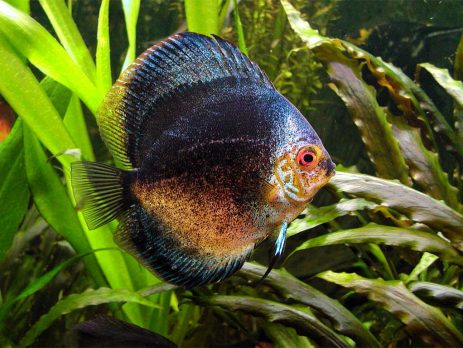
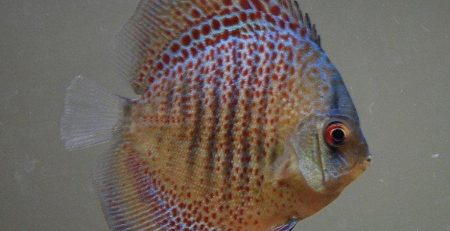
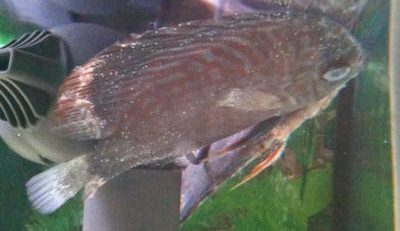
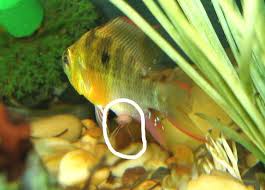

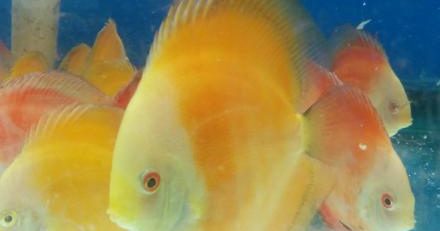

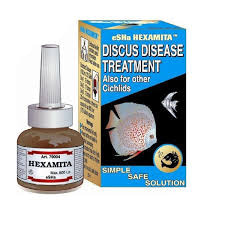

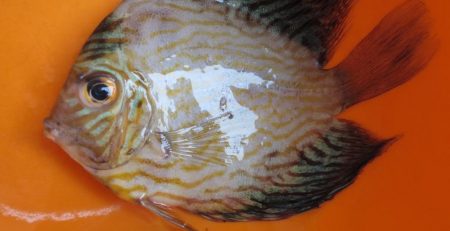

Leave a Reply
You must be logged in to post a comment.